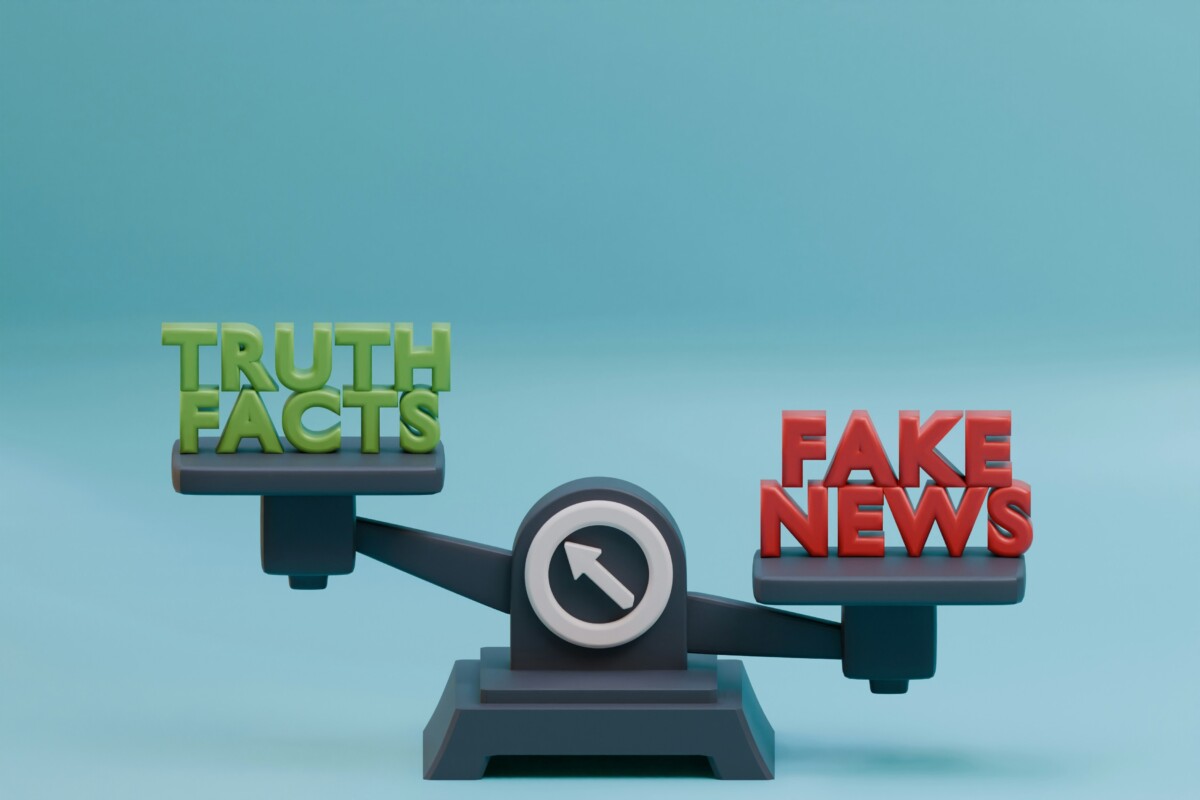
Machines, Meaning, and the Future of Truth: Why AI Must (Carefully) Shape Sustainability Communications.
Date: April 2025
Read time: 3 mins
Author: Charlie Martin

We are living in the age of accelerated information—and accelerated misinformation. Nowhere is this clearer than in the world of sustainability communications, where words about the planet often spin faster than the reality beneath them.
The stakes are no longer just reputational. In a marketplace bloated with hollow “carbon neutral” claims and suspiciously vague promises about plastic, what is said—and how it is said—determines trust, investment, regulation, even the pace of genuine environmental progress.
And in that increasingly chaotic landscape, AI is becoming the dominant force: capable of generating sustainability claims at breakneck speed, but also capable—if we are clever enough to guide it—of catching, checking, and clarifying those claims before they spiral into something worse.
Which is why a tool like truMRK might just matter more than you think.
The Promise and the Peril of AI in Sustainability Communications
AI already writes faster than any marketing team. It summarises reports, drafts press releases, suggests campaign slogans. It learns the language of “green” with alarming fluency. It can, if left unchecked, accelerate greenwashing by accident—or even by design.
A cheerful prompt typed into a generative AI tool today—“Write a sustainability claim for our new eco-friendly trainers!”—could produce tomorrow’s ASA investigation. Not because the machine is malevolent, but because it does not know what is true.
AI doesn’t care if your recycled content is 15% or 85%. It doesn’t care if your carbon offsets are verified or vapourware. It doesn’t care if “net zero” actually means anything at all.
Unless we make it care.
The future of credible sustainability communication will not just be about human creativity. It will be about building systems that force AI to behave better than its prompt, to check facts, flag risk, and guide marketing teams away from claims that collapse under scrutiny.
Enter truMRK.

What truMRK Could Change
truMRK isn’t just another marketing tool—it’s designed to act as a truth-guard in the AI era. It sits in the messy intersection where creativity meets compliance, where the need to tell compelling green stories crashes into the reality of legal obligations and ethical communications.
Here’s what a tool like truMRK could do:
🔍 Claim Verification, At Speed
Before a sustainability statement ever sees a social media post, truMRK can screen it against established regulations like the UK’s Green Claims Code or emerging global standards. It can detect when words overreach. It can slow the runaway enthusiasm of a well-meaning campaign before it becomes a liability.
🧠 Intelligent Risk Detection
AI doesn’t just spot falsehoods—it can learn patterns of misleading language: those soft, dangerous buzzwords (“eco-conscious,” “carbon-friendly,” “nature-positive”) that lull consumers into misplaced trust. A tool like truMRK flags those patterns. It forces a second look—an act that is increasingly vital.
📚 Alignment with Legal and Ethical Frameworks
With regulation becoming more aggressive (just look at Europe’s Green Claims Directive or the rise of litigation in the US), brands will need more than good intentions. They’ll need tools that hardwire compliance into their communications pipeline. truMRK could be that tool.
Right now, organisations can sign up to join truMRK’s beta programme—an opportunity to help shape a tool designed specifically to protect credibility in sustainability communications. You can join the beta programme here.
The Deeper Question: Can AI Save Sustainability Messaging from Itself?
It’s a strange paradox. The technology that could turbocharge greenwashing—content at volume, claims at scale—might also be the technology that protects us from it. But only if it’s built, trained, and used responsibly.
Tools like truMRK represent a fork in the road.
On one side: the world where AI floods every marketing channel with frictionless, fact-free sustainability claims, so cheap to make that the truth drowns in the noise.
On the other: a world where AI acts like a brake, a filter, a hard questioner.
Is this claim verifiable?
Is the evidence good enough?
Is the language clear enough that a regulator—and a customer—could trust it?
We don’t need more green claims. We need better ones. Fewer, sharper, more honest.
AI can be part of that future—but only if we demand more from it than speed and style. We have to demand truthfulness.
Conclusion: Trust, at Scale, or Nothing
In the end, the sustainability communications race won’t be won by the brands that talk the most. It will be won by the brands that prove the most.
AI won’t write our future for us—it will only amplify the choices we make.
A tool like truMRK, properly used, offers a glimpse of a better system: one where sustainability communications are checked before they’re spoken, where ambition is matched with honesty, and where brands that really are working toward a better world can finally get the credit they deserve—because they’ve earned it.
Machines can’t fix greenwashing. But they can help us stop lying to ourselves—and to each other—at the speed of light.
Interested? Sign up to truMRK’s beta programme here.
Ready to be part of something bigger?
If your organisation believes in doing the right thing — and telling the truth about it — we’d love to have you with us.
📢 Join us as we take this next step.
Become a signatory, shape the future, and show the world what responsible sustainability communications really look like.
